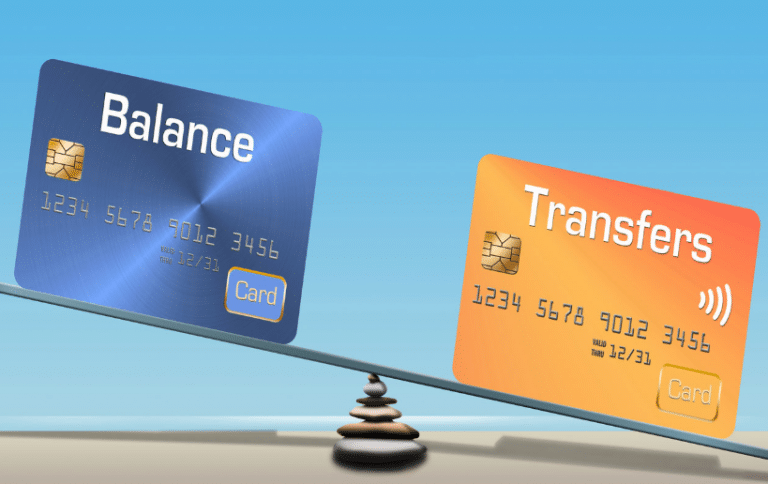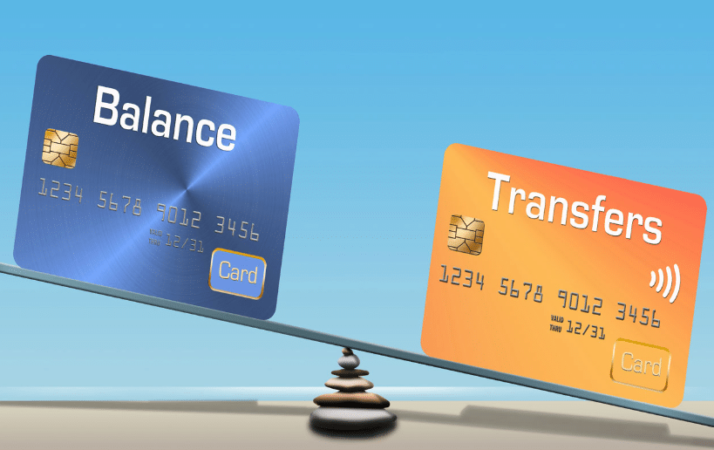
Citi credit balance transfer offers a way to consolidate high-interest debt from other credit cards onto a new Citi card with a lower interest rate. This can potentially save you money on interest charges, but it’s crucial to understand the terms and conditions before transferring your balance.
Citi balance transfers typically come with promotional interest rates for a limited period. After this introductory period, the interest rate reverts to the standard rate for your new Citi card. Therefore, it’s essential to carefully evaluate whether a balance transfer aligns with your financial goals and repayment strategy.
Understanding Balance Transfer Interest Rates: Citi Credit Balance Transfer

Balance transfer interest rates are a crucial factor to consider when transferring debt from one credit card to another. They represent the cost of borrowing money to pay off your existing debt. Understanding these rates can help you make informed decisions and potentially save money on interest charges.
Comparison of Citi’s Balance Transfer Interest Rates with Other Credit Card Issuers
Citi offers competitive balance transfer interest rates compared to other credit card issuers. However, it’s essential to compare rates across different providers to find the best deal for your specific needs.
- Citi’s Balance Transfer Interest Rates: Citi typically offers promotional balance transfer interest rates for a limited period, usually 0% APR for a specific duration, such as 12 to 18 months. After the promotional period ends, the standard APR applies.
- Other Credit Card Issers: Other credit card issuers, such as Chase, Capital One, and Discover, also offer balance transfer promotions with varying terms and conditions. It’s essential to compare these offers to determine the most favorable option.
Factors Influencing Balance Transfer Interest Rates
Several factors can influence balance transfer interest rates, including:
- Credit Score: Individuals with higher credit scores generally qualify for lower interest rates. Lenders view them as less risky borrowers.
- Credit History: A history of responsible credit management, including on-time payments and low credit utilization, can improve your chances of securing lower interest rates.
- Debt-to-Income Ratio: A lower debt-to-income ratio, which reflects the proportion of your income dedicated to debt payments, can positively impact your interest rate.
- Promotional Period: Balance transfer promotions typically come with a promotional period during which you enjoy a lower interest rate, often 0%. After this period, the standard APR applies.
- Balance Transfer Fee: Some credit card issuers charge a balance transfer fee, which is a percentage of the transferred balance. This fee can vary between providers.
Typical Duration of Promotional Balance Transfer Interest Rates Offered by Citi, Citi credit balance transfer
Citi’s promotional balance transfer interest rates typically last for a specific duration, usually between 12 and 18 months. This period can vary depending on the specific offer and your creditworthiness. After the promotional period expires, the standard APR applies, which can be significantly higher.
Closing Summary

In conclusion, Citi credit balance transfer can be a valuable tool for managing high-interest debt. However, it’s crucial to weigh the potential benefits against the associated risks and ensure you understand the terms and conditions of the transfer. By carefully considering your options and making informed decisions, you can leverage a Citi balance transfer to your advantage and potentially save on interest charges.
FAQ Compilation
What are the eligibility requirements for a Citi credit balance transfer?
Eligibility requirements vary depending on the specific Citi credit card. Generally, you’ll need good credit history and a sufficient credit limit on your existing card to qualify for a balance transfer.
How long does it take to process a balance transfer request?
The processing time for balance transfer requests can vary, but it typically takes a few business days.
Are there any fees associated with a Citi credit balance transfer?
Yes, most Citi credit cards charge a balance transfer fee, usually a percentage of the transferred amount.
What happens to my existing credit card after a balance transfer?
Your existing credit card will remain open after a balance transfer. You can continue using it, but it’s important to manage your spending responsibly to avoid further accumulating debt.





